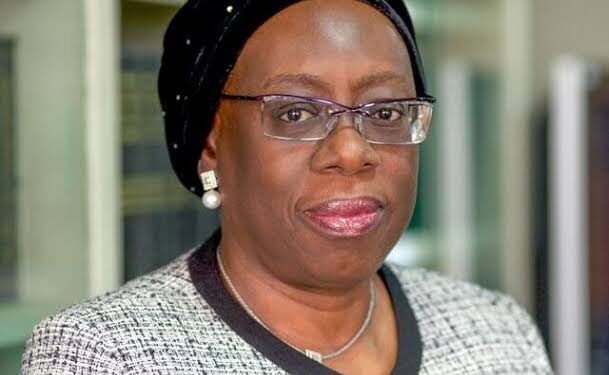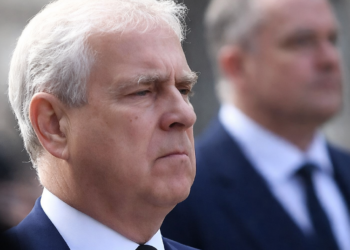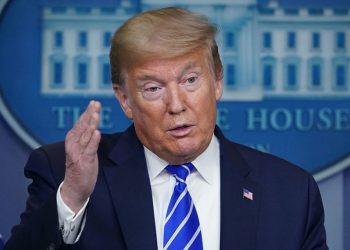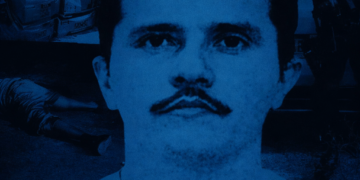Chief Justice of Nigeria (CJN) Justice Kudirat Kekere-Ekun has once again vowed that the Judiciary is fully on board with Nigeria’s so-called war on corruption. At a two-day workshop organized by the Economic and Financial Crimes Commission (EFCC) and the National Judicial Institute (NJI), she promised ongoing support to the country’s major anti-graft bodies, including the EFCC, the Independent Corrupt Practices Commission (ICPC), and the Nigerian Financial Intelligence Unit (NFIU).
Justice Kekere-Ekun stressed that the Judiciary plays an essential role in this battle, but also took the opportunity to throw a subtle jab at the very agencies she’s supposed to be backing. She called for “efficient investigation” from the anti-corruption agencies, clearly pointing out that a lot of cases fail to make it through the courts because of poor groundwork. Translation? The EFCC and ICPC need to get their act together if they expect real progress in the courts.

It’s not just the CJN offering critiques. Senate President Godswill Akpabio, speaking through his deputy, Senator Barau Jibrin, echoed similar concerns. He called for a centralized data system to help the agencies share information, as if to suggest that basic coordination is still a hurdle in the fight against corruption.
And of course, the need for “constant training” for investigating officers was highlighted again—as if that’s the only thing standing between us and a corruption-free Nigeria.
Now, let’s talk about the EFCC. The agency’s chairman, Olanipekun Olukoyede, spent much of his time lamenting how court orders in ten states have practically frozen the EFCC’s ability to operate. Yet, he conveniently avoided naming these states. Olukoyede’s complaints about frequent adjournments of high-profile cases and technicalities holding up prosecutions are nothing new. It’s almost as if the system was designed to protect the corrupt.
We’ve heard this song before, haven’t we? On one side, you have the Judiciary pledging its undying support in the fight against corruption, while subtly criticizing the investigative agencies. On the other side, the EFCC whines about court orders and technicalities, without any real explanation as to why its investigations aren’t bulletproof in the first place.
The irony is glaring. While these agencies and courts throw shade at each other, the real victims are the Nigerian people, who continue to live under a cloud of corruption with no end in sight. If this is how Nigeria fights corruption, with finger-pointing and promises of “synergy” then maybe it’s time to admit that the system is not just broken, but rigged to fail.

















